What do we hold fast, what do we let go? The question, like a living being, hovers onstage in The Cherry Orchard by Anton Chekhov. It hovers, whirls, mutters, speaks aloud, corrects itself, mutters, as Firs—an elderly butler who has faithfully served the Ranevskaya estate for so many years, his chest covered in medals from forgotten skirmishes—is left behind when everyone departs for the train station. In the beautiful rendition of the play now at St. Ann’s Warehouse, even Firs’s voice, with its House of Lords vowels, is a murmur of an annihilated past, gone now to the carapace of lost things.
Thwack! is the sound of the ax in the cherry orchard where Lyubov Ranevskaya sees her dead mother walking in the evening among the white blossoms, the trees like angels of heaven that the gods have not neglected. My grandmother loved the theater, and when my grandfather’s hearing began to fail, she began to take me with her. I was then probably seven. About the theater she used to say, “You could get me up in the middle of the night.” When she was young, she’d been an actress in the Yiddish Theatre—somewhere there is a photograph of her playing Ophelia at the Henry Street Settlement, with her hair down to her knees. She lived for Chekhov. How many productions of The Cherry Orchard, of The Seagull, did we see together? “Shh,” she would say. I wasn’t allowed to whisper, ever, after we took our seats. “Shh,” she said, “you’ll wake the actors from their dream.”
What is the story of The Cherry Orchard? Lyubov Ranevskaya returns to her family’s estate, which has within its precinct a famous cherry orchard. The estate is inhabited by characters who filter in and out: her brother, Gaev; her adopted daughter, Varya; the old servant, Firs; her drowned son’s tutor, Trofimov, who is a perpetual student, waving his rhetorical fists. The estate is heavily mortgaged, and there’s no money to pay it off; Lopakhin, a rich businessman whose father was a serf on the estate, offers to buy it and subdivide the land for holiday houses. The orchard is untended; there are no longer any serfs to turn the cherries into jam. A frenzy of regret and magical thinking ensues—the old question, wearing its fools cap: What do we let go?
A long time ago and far away, in the year when stood we stood six feet apart, washed milk cartons before putting them away, when death knocked hastily at the door, a friend who is a theater director, and his wife, a dramaturge, brought together a small ensemble of actors and nonactors to read the four major plays of Chekhov. Between the surreal first days of lockdown and that early summer, we read The Cherry Orchard, The Seagull, Uncle Vanya, and Three Sisters. Our performances, such as they were, occurred about three weeks apart. On a series of evenings, each from our small lit square on a screen, we read the plays aloud. Afterward, we discussed them. Those evenings felt like small makeshift Quonset huts—structures assembled quickly with unskilled labor that provided shelter in desolate times. Chekhov is a writer of answers that lead to questions. The old riddle “Which weighs more, a ton of feathers or a ton of bricks?” might have been his.





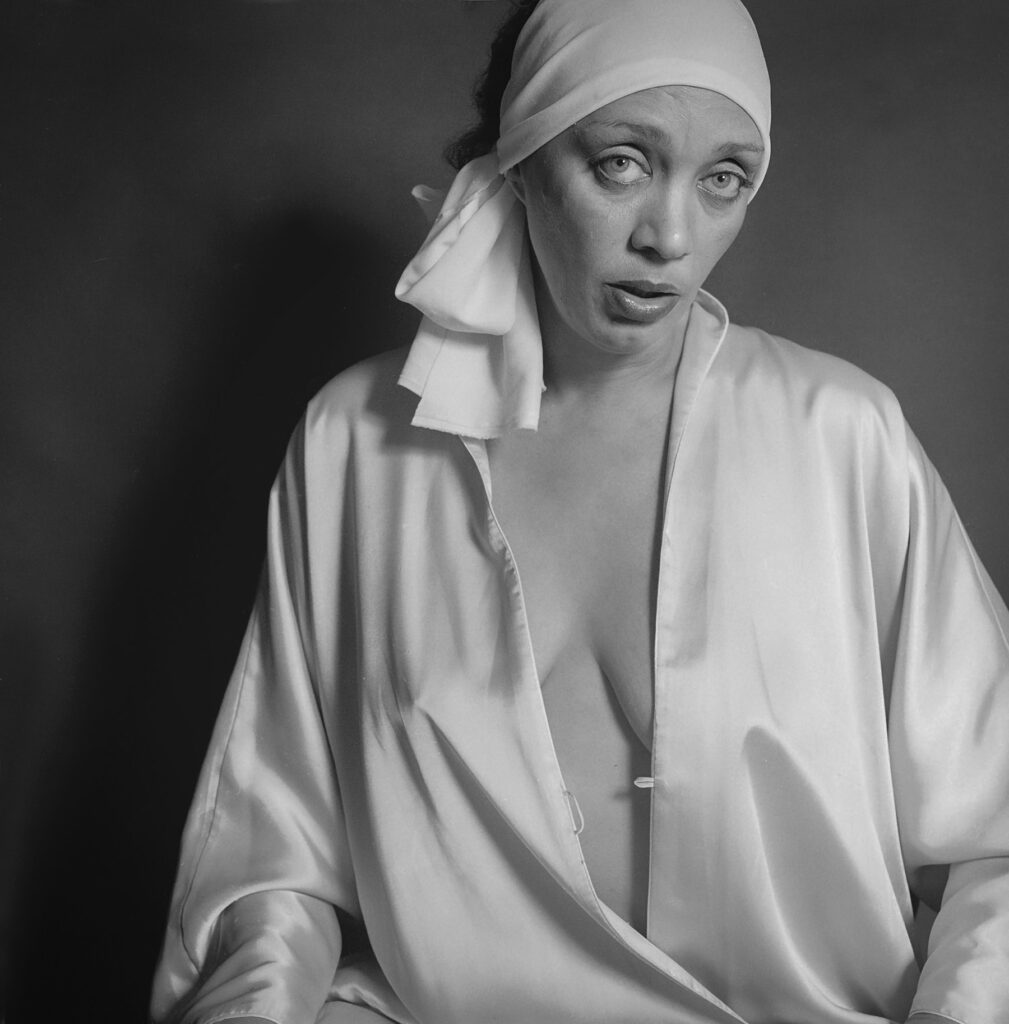





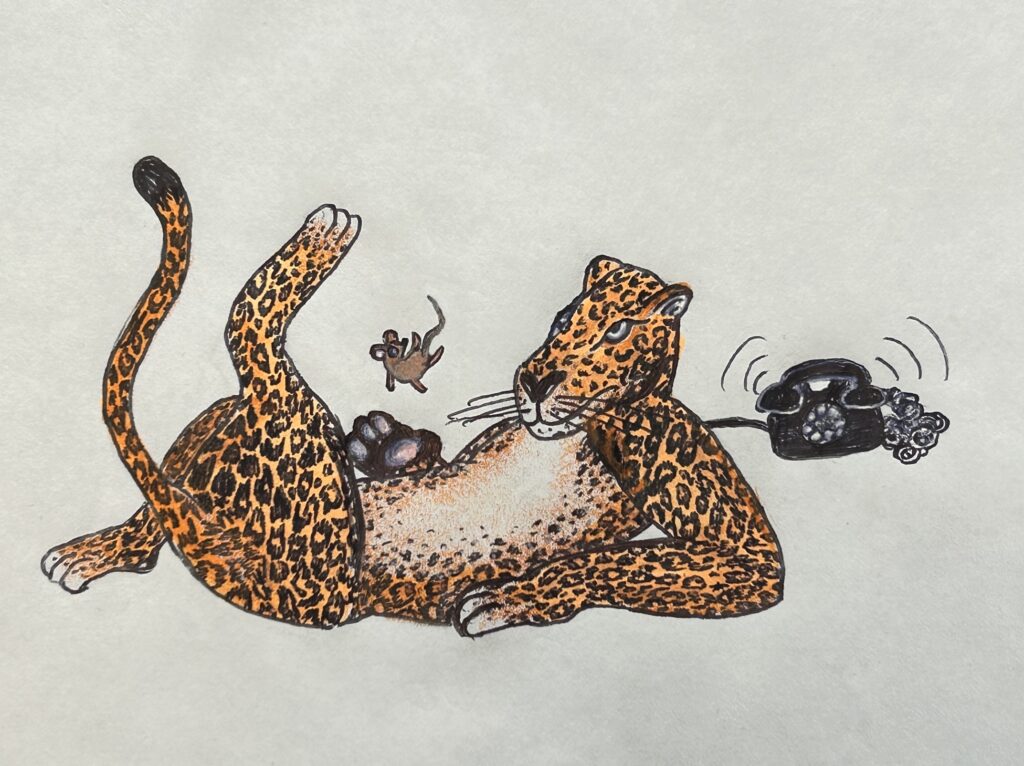
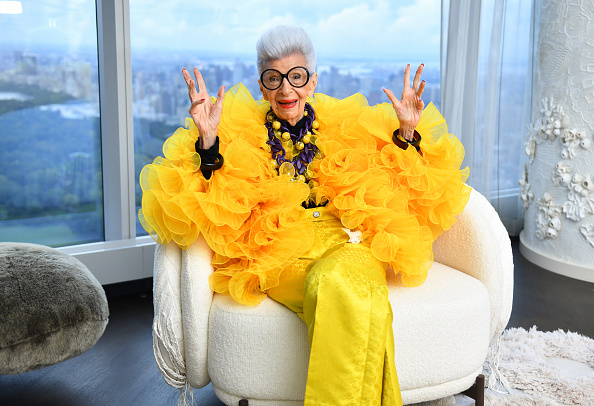
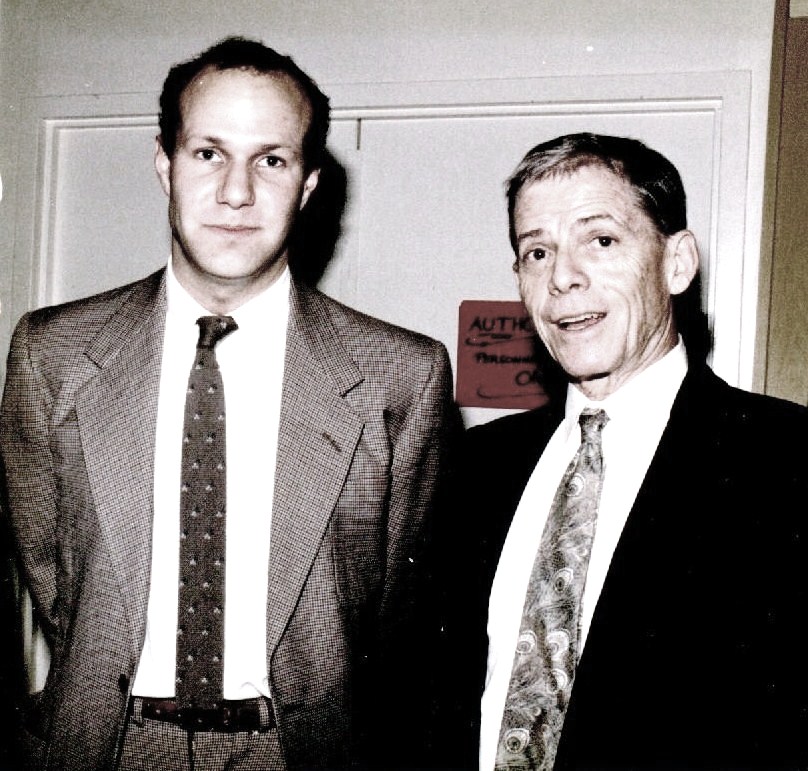
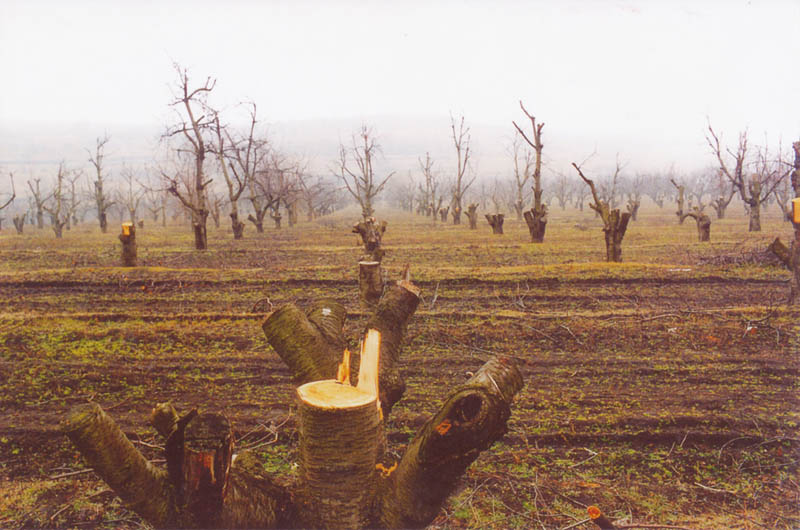
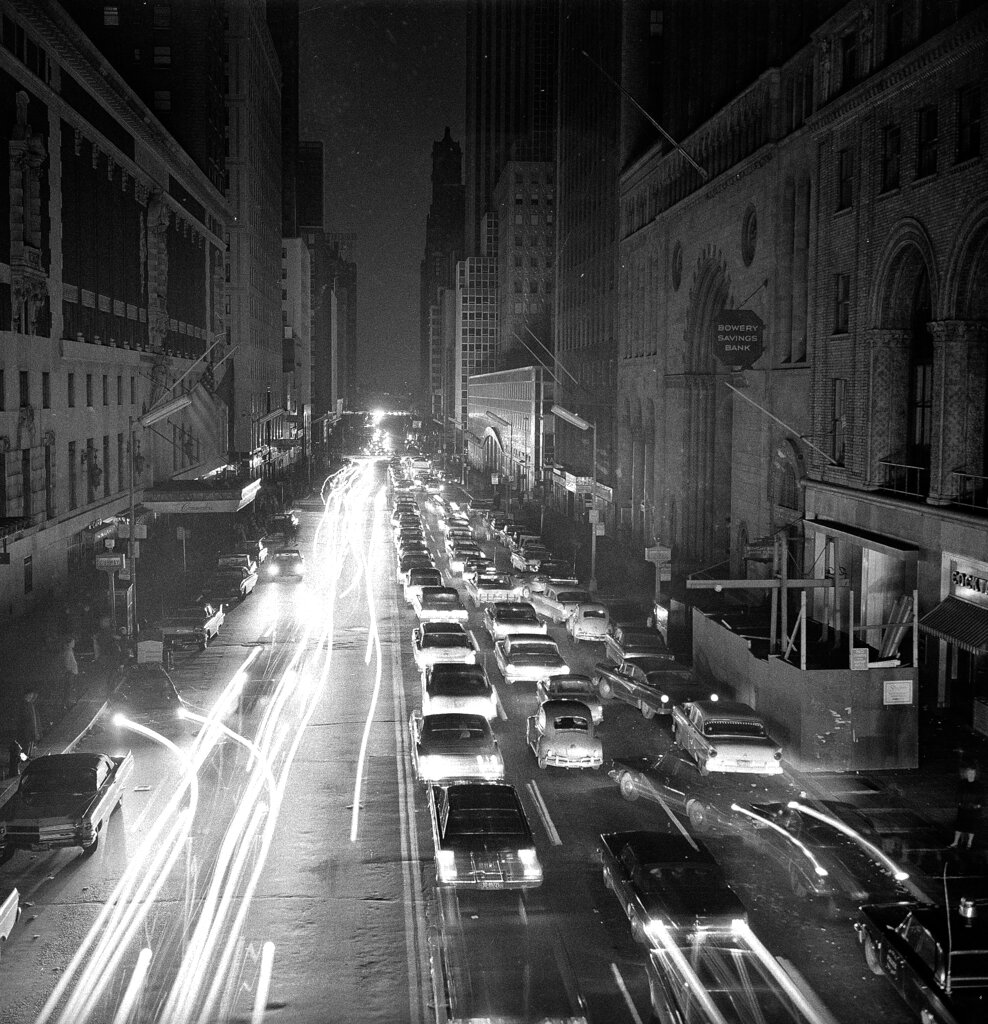
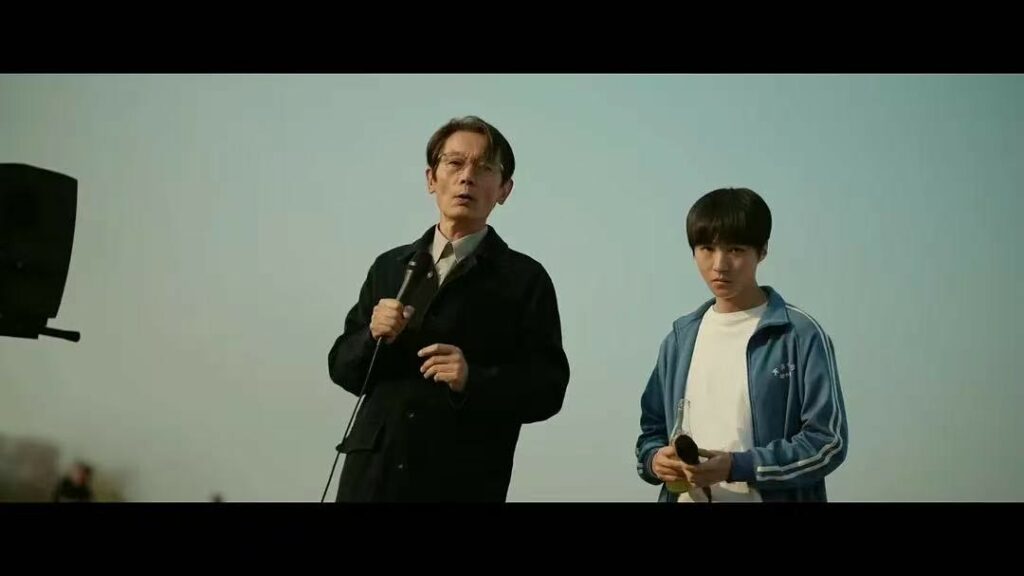
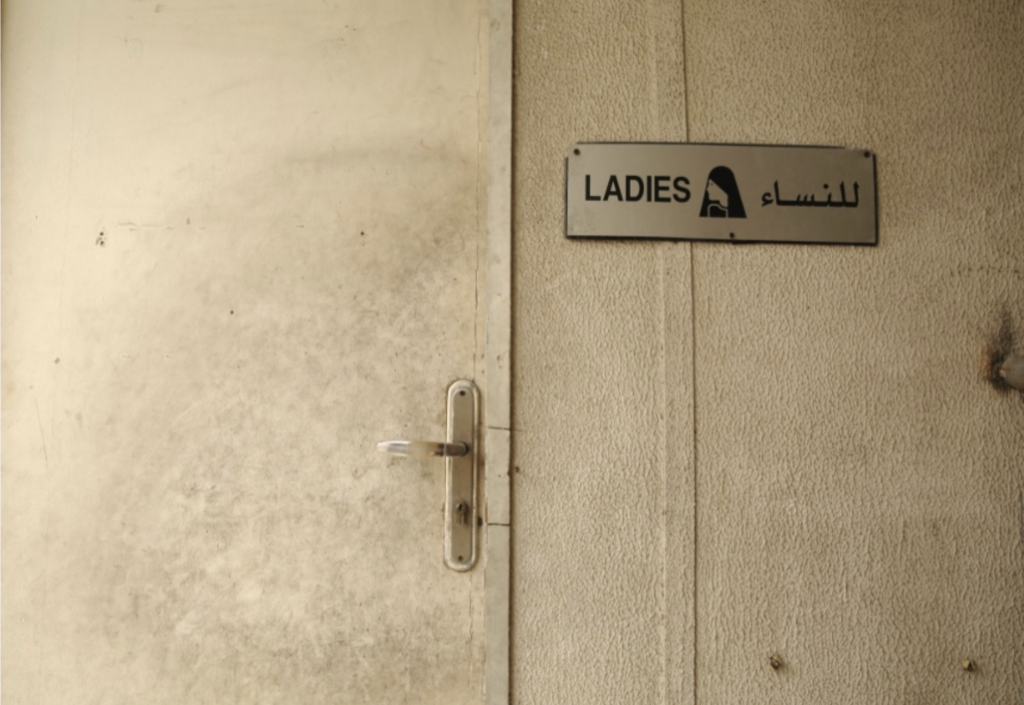


Do you participate in any readathons? Let’s chat in the comments!